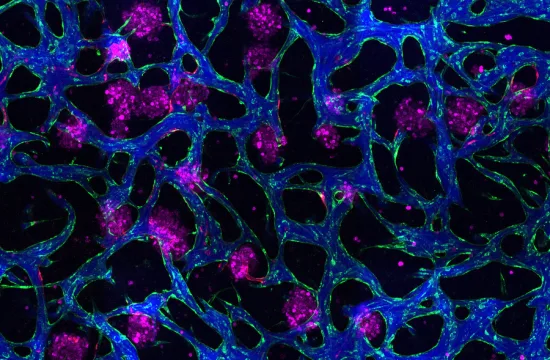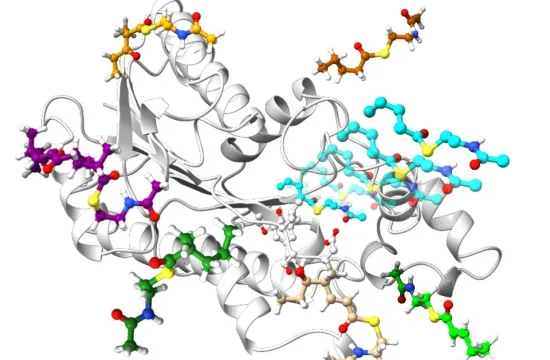|
Getting your Trinity Audio player ready...
|
 A new study published in the New England Journal of Medicine analyzed the effects a drug called afalemonotide, a skin-darkening agent that supports melatonin growth, has on the quality of life for someone with a rare disorder known as erythropoietic protoporphyria (EPP).
A new study published in the New England Journal of Medicine analyzed the effects a drug called afalemonotide, a skin-darkening agent that supports melatonin growth, has on the quality of life for someone with a rare disorder known as erythropoietic protoporphyria (EPP).
EPP is an inherited metabolic disorder in which a deficiency of the enzyme ferrochelatase (FECH) causes excess amounts of protoporphyrin to accumulate in the bone marrow, blood plasma and red blood cells. Exposure to direct sunlight induces a severe burning skin sensation. Redness and swelling can become byproducts of the exposure.
An estimated 5,000 to 10,000 people suffer from this condition worldwide with it typically appearing in early childhood, reports Reuters
The researchers conducted two clinical trials: one was a six-month test in the U.S. with 94 patients and the other was a nine-month test in Europe with 74 patients. Afalemonotide is delivered as a dissolvable grain-sized implant.
Results from the U.S. examination revealed afalemonotide “increased the amount of pain-free time following midday sun exposure by 69.4 hours, compared to 40.8 hours with placebo,” according to Reuters.
Europe’s test group saw similar results. Participants taking the drug experienced an additional six hours of a pain-free period versus 0.8 hours for those taking the placebo.
Both groups saw a noticeable improvement in quality of life due to the afalemonotide therapy. Patients with EPP taking the drug had less severe reactions to sun exposure, and recovery times were sped-up too. Reuters mentions “the most common adverse events – all of mild to moderate severity – were nausea, headache, nose and throat irritation and back pain.”
Afalemonotide, which is made by Clinuvel Pharmaceuticals, has been approved in Europe, but does not have marketing authorization yet. The drug is currently awaiting approval in the U.S.
Source: dddmag.com







